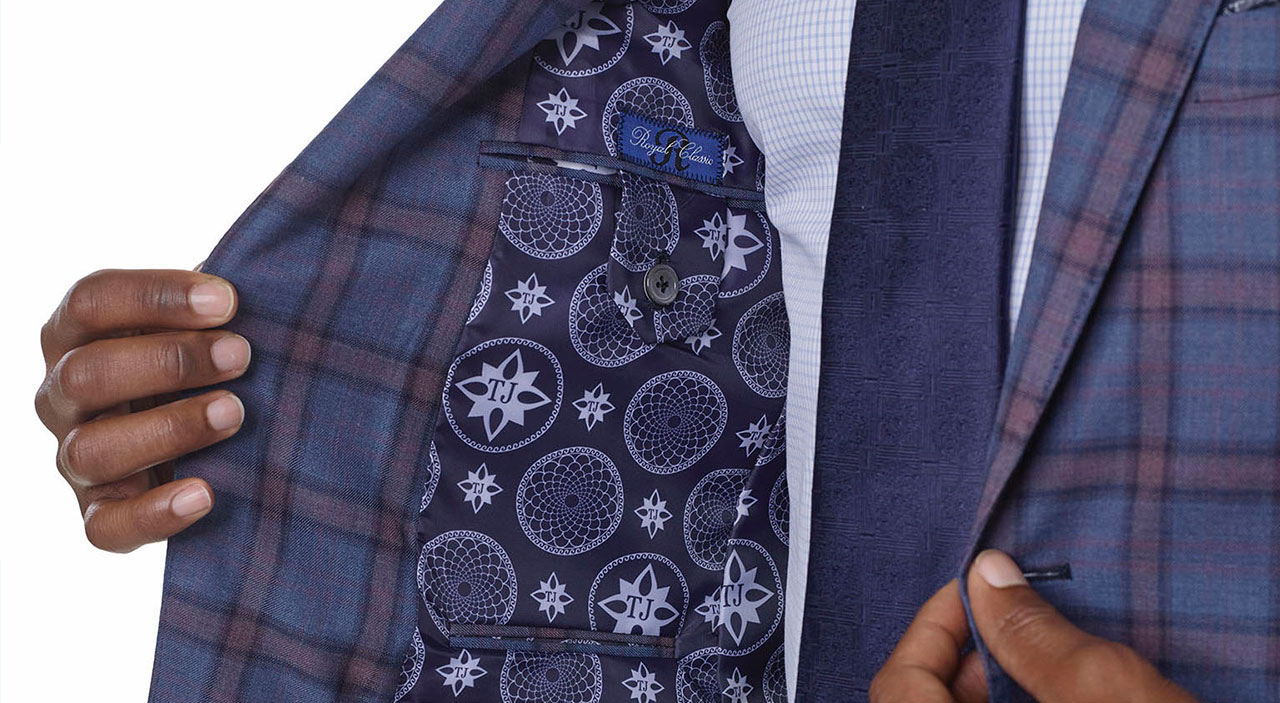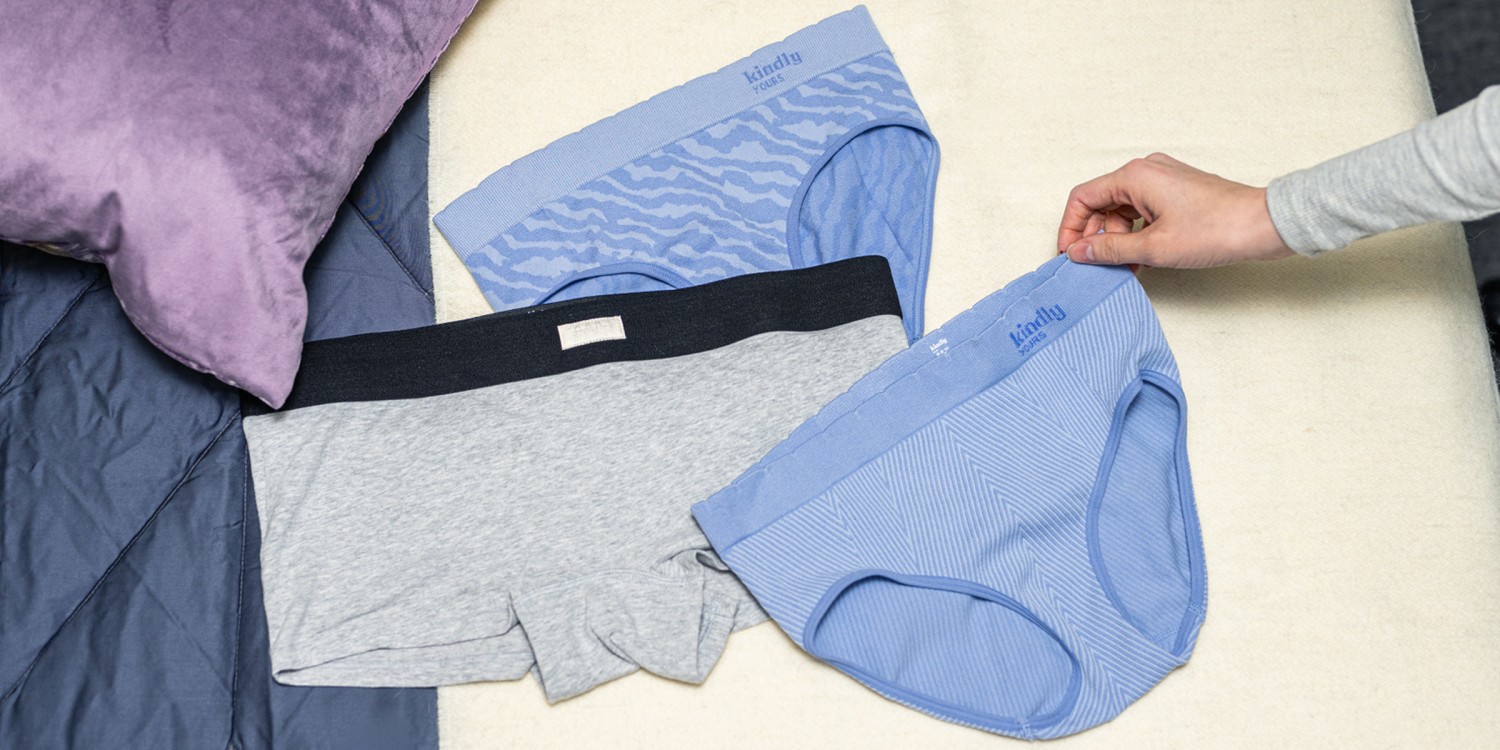
Credit rating – Getty Photos
As the COVID-19 pandemic continues to worsen burnout and fatigue, quite a few persons are eager to just take a deep breath and come across a more well balanced approach to life—at residence, at the place of work, and at the health and fitness center.
There are indicators that men and women are now chasing the mental-wellness rewards of training even far more than the bodily kinds. In accordance to a 2022 trends report from on line conditioning-class scheduling system Mindbody, the prime two causes that Americans do the job out are now to minimize tension and come to feel improved mentally. That is a placing transform from even the current pre-pandemic past in 2019, managing fat and wanting superior were being prime motivators for lots of exercisers, in accordance to Mindbody’s report from that yr.
Equivalent traits are showing in scientific literature, claims Genevieve Dunton, chief of health actions analysis at the University of Southern California’s Keck University of Medicine. “People are reporting somewhat different motives for seeking to be lively,” in comparison to ahead of the pandemic, Dunton suggests. “The motives are unquestionably extra about worry reduction, panic release, and enhanced slumber.”
The backlink concerning actual physical exercise and psychological wellness is very well founded. Folks have talked about the mood-boosting “runner’s high” for at least half a century, and many studies—including just one performed by Dunton all through the pandemic—confirm that work out can boost mental wellbeing and mood, perhaps even blocking or lessening indicators of despair for some individuals. But the pandemic seems to have heralded a tradition change in the physical fitness globe, as in so many other folks: Mental wellness is no longer a joyful facet impact of a work out program intended to torch energy or sculpt a 6-pack. For numerous individuals, it is now the entire level.
“Everything shifts when the world will get turned upside down,” Dunton suggests. “If a person is dealing with rest troubles or sensation extremely nervous or stressed, that gets the amount-one priority, and the other priorities change downward.”
Fitness models have picked up on this modify, suggests Natalia Mehlman Petrzela, an associate professor of background at the New Faculty and writer of Suit Country, a forthcoming guide about the historical past and culture of exercise in the U.S. “You see now a ton additional work out packages advertising on their own as [for] mental health and fitness or self care, alternatively than [with] a aggressive, tough-driving ethos,” she claims.
Tremendous-powerful fitness studios are even adapting to healthy the instant. Tone Dwelling, which delivers athletic conditioning lessons that are typically termed the most difficult exercises in New York City, has introduced down the depth these days, claims main operating officer Elvira Yambot. The model not long ago commenced featuring intermediate and introductory variations of its signature work out, in recognition that “you may well not [always] want to go 500% in an advanced class”—and that plenty of individuals are a tiny out of form soon after staying excess sedentary for the past few a long time, Yambot suggests.
In comparison to pre-pandemic occasions, a lot more folks are now booking recovery solutions to support them continue to be well, such as sessions in Tone House’s NormaTec compression remedy units, Yambot adds. Both Mindbody and physical fitness startup ClassPass discovered “recovery services”—like massages and sauna sessions—as increasing developments in current studies, and the Wall Road Journal has described on the range of rest and recovery courses popping up in standard fitness centers.
Tone Household is considering including far more wellness services—and perhaps even yoga classes—to its schedule, Yambot suggests. That may possibly be stunning given the brand’s track record, but “it goes back again to a extra well balanced wellness approach, but also a larger sized approach to lifestyle,” Yambot suggests. “It’s no lengthier a stylish expression. Operate-everyday living equilibrium is anything that even New Yorkers are seeking to include now, a lot more so than just before.” (For the history, Yambot states Tone Dwelling under no circumstances set out to come to be the toughest exercise session in New York.)
Does that indicate the times of high-depth, physically punishing routines are over? Not automatically. In accordance to ClassPass’ 2021 fitness traits report, 60% of individuals want superior-electrical power workout routines on stress filled times, compared to 40% who go for calming activities like yoga. And Joey Gonzalez, CEO of Barry’s—a model recognized for grueling bootcamp classes—says some of his studios are really seeing better attendance premiums now than prior to the pandemic. “I never think there will be this main shift from substantial-depth to low-impact,” he says. “There’s always a time and a spot for different styles of physical exercise.”
That is likely true, Petrzela states. “What we may possibly be looking at is not so significantly a transform in the actual physical exercise modalities that persons are collaborating in, but extra in their strategies to them,” she explains. Acquire CrossFit, which is acknowledged for workouts that element workouts like Olympic excess weight-lifting and cardio circuits—and an depth that some folks allege has driven them to personal injury. The workouts are continue to intensive, but the brand’s new CEO not too long ago told TIME he is fully commited to making CrossFit a much healthier organization, culturally speaking.
At Barry’s, mental overall health is also getting a greater precedence for the manufacturer, even if its main choices aren’t changing greatly, Gonzalez says. Every 12 months, Barry’s sponsors a challenge for users: primarily, a thrust to attend heaps of courses in excess of a month-extended period of time. This 12 months, the obstacle had a mental health topic. Members got a totally free trial of the remedy platform BetterHelp if they signed up, and Barry’s hosted virtual conversations about psychological wellness.
A gentler, slower pandemic-era mindset—with an further target on mental health—may have softened the edges of some difficult exercises for now. But Petrzela suspects that a newfound devotion to mental effectively-staying is not the only detail motivating folks.
“Even with meditation and gentler mindfulness tactics, there are a lot of people today who have interaction in those people to ‘self-optimize’ and be far better at other issues,” Petrzela says. In American society, she claims, mindfulness is normally just yet another way to perform on “improving your hustle, not getting a relaxation from it.”







